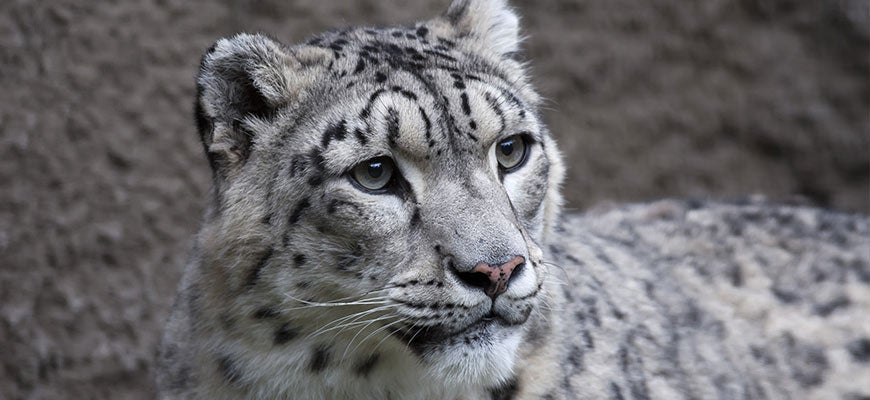Snow leopard tests positive for Covid-19
Risk of infection from an animal to a human is believed to be low

Your support helps us to tell the story
From reproductive rights to climate change to Big Tech, The Independent is on the ground when the story is developing. Whether it's investigating the financials of Elon Musk's pro-Trump PAC or producing our latest documentary, 'The A Word', which shines a light on the American women fighting for reproductive rights, we know how important it is to parse out the facts from the messaging.
At such a critical moment in US history, we need reporters on the ground. Your donation allows us to keep sending journalists to speak to both sides of the story.
The Independent is trusted by Americans across the entire political spectrum. And unlike many other quality news outlets, we choose not to lock Americans out of our reporting and analysis with paywalls. We believe quality journalism should be available to everyone, paid for by those who can afford it.
Your support makes all the difference.A snow leopard in Kentucky has tested positive for SARS-CoV-2, the virus that causes Covid-19 in humans.
Two other snow leopards are being tested for the disease at Louisville zoo after the three cats began suffering minor respiratory symptoms.
The three snow leopards - including NeeCee, who has tested positive - each exhibited an occasional dry cough or wheeze within the last two weeks.
It is suspected that NeeCee contractedthe infection from an asymptomatic staff member, despite precautions in place at the zoo. The snow leopards were tested for SARS-CoV-2 with approval by state officials from the Kentucky Department of Agriculture and the Kentucky Department for Public Health.
The cats’ faeces was tested so they did not have to be anaesthetised to undergo an invasive diagnostic test.
All three cats are are in good health with very mild symptoms, said the zoo, which continues to monitor them closely. It added it expected improvement in the coming days, and all three cats are expected to recover. No other animals are showing symptoms.
Current understanding of the virus suggests that the risk of infection from an animal, such as a snow leopard, to a human is low.
“Fortunately, based on clinical cases in large cats at other zoos in the country to this point, SARS-CoV-2 infection does not appear to be life-threatening,” said a senior staff veterinarian Dr Zoli Gyimesi. “We will be closely monitoring the snow leopards for ongoing symptoms and resampling them to identify when they have cleared the infection.”
This is the first confirmed case of SARS-CoV-2 infection in a snow leopard.
However, it is not the first case of a big cat testing positive for the virus. In April 2020, four tigers and three lions were confirmed positive at an Association of Zoos and Aquariums (AZA) zoo in New York. An additional three tigers at an AZA zoo in Tennessee were confirmed to be infected this fall. In all cases, the animals recovered.
This week, a zoo in Spain reported four lions testing positive for the virus.



Join our commenting forum
Join thought-provoking conversations, follow other Independent readers and see their replies
Comments